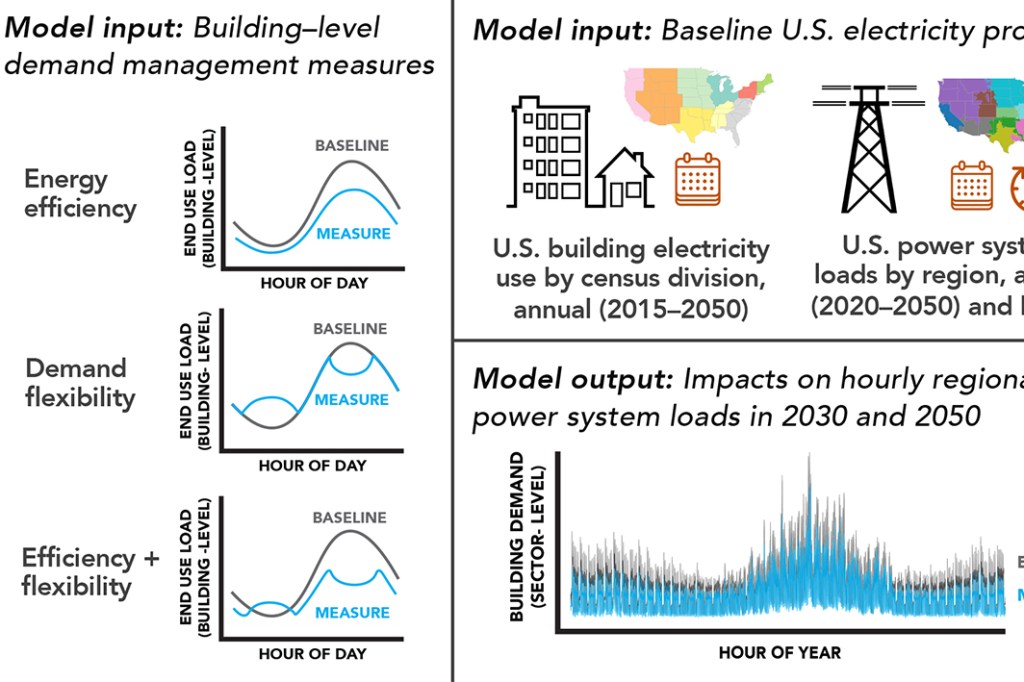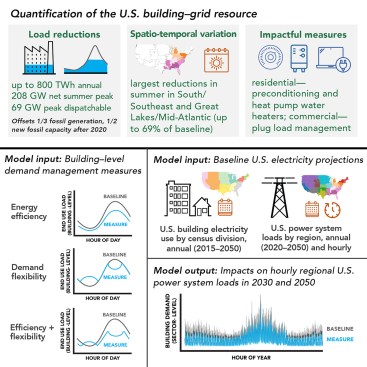
Berkeley Lab
Researchers from Lawrence Berkeley National Laboratory have found that better building energy management—such as preconditioning, heat pump water heaters, and plug load management—could reduce the nation’s need for coal- or gas-fired power generation and dependence on energy storage, and turn buildings into a grid resource. The researchers examined the near- and long-term bulk grid potential offered by the “best-available [U.S.] building efficiency and flexibility measures,” simulating the impacts of different flexibility and efficiency approaches, according to the study, which was published in Joule. Lead author and Berkeley Lab researcher Jared Langevin explained in a Berkeley Lab press release that understanding the role of buildings in the U.S. transition to clean energy has been hampered by the challenge of quantifying the energy resource that buildings could provide. “[W]ithout hard numbers at scale,” planning is difficult for policy makers or grid operators. “Our overarching belief here was that producing these kinds of estimates that make the role of these demand-side building technologies more concrete will help ensure that we do more to encourage the deployment of those technologies alongside the deployment of renewable generation and batteries.” [LBNL]
The long-awaited 2021 Tokyo Olympic Games are finally here, but where is the jaw-dropping architecture? The Guardian takes a closer look at the event’s built environment—which includes a “handsome” stadium designed by Japanese architect Kengo Kuma, Hon. FAIA—and finds that “eye-catching new buildings will be in short supply” at this year’s games. [The Guardian]
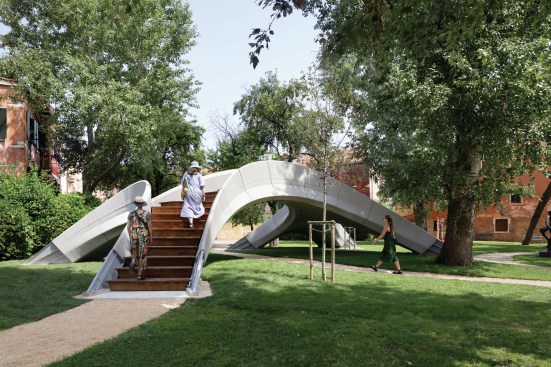
Naaro
Zaha Hadid Architects and the Block Research Group at ETH Zurich have completed Striatus, the world’s first 3D-printed concrete arched bridge. Located in Venice, the approximately 52-by-39-foot footbridge was developed in collaboration with Incremental3D and Holcim. [ARCHITECT]
With Americans debating the purpose and place of monuments in today’s world, several Indigenous artists are creating artworks that encourage community interaction. Fast Company explores some recent examples, including an imminent installation for the Minneapolis Sculpture Garden by the local artist Angela Two Stars, a member of the Sisseton Wahpeton Oyate. [Fast Company]
Researchers from Penn Medicine have found that city-funded house repairs in low-income neighborhoods are associated with reduced crime rates and improved health. In 1995, Philadelphia launched its Basic Systems Repair Program, repairing structural damage at the residences of low-income owners, the majority of whom were Black or Latino. The recent study found reduced crime “on blocks with a single BSRP-repaired home compared to blocks that were eligible for a BSRP-repaired home but did not get the intervention,” states a Penn Medicine press release. “With each additional repaired home, instances of crime on that block declined further.” [Penn Medicine]
Extreme heat is losing its rarity. The New York Times takes a look at the impact of extreme heat on America in 2090, mapping the projected increase in annual heat-related deaths based on different levels of intervention—or inaction—to mitigate greenhouse gas emissions. [The New York Times]
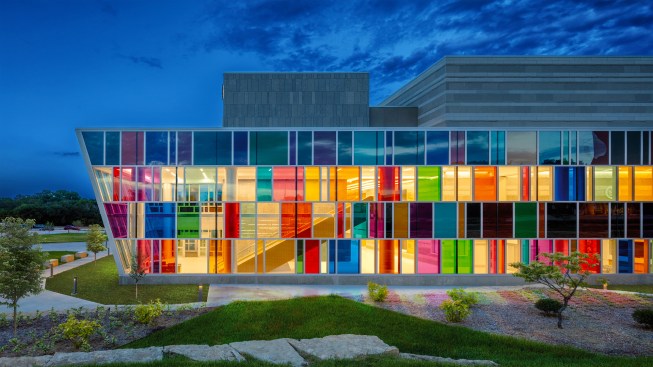
by A.J. Brown, courtesy Leo A Daly
The American Institute of Architects Academy of Architecture for Health has announced the winners of its 2021 AIA/AAH Healthcare Design Awards recognizing six projects that “help solve aesthetic, civic, urban and social problems while also being functional and sustainable,” according to an AIA press release. [ARCHITECT]
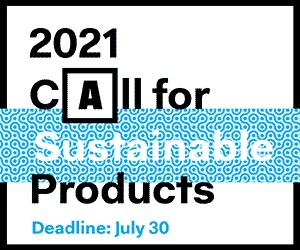
Do you have a recently launched, environmentally minded building product on the commercial market? Enter it in ARCHITECT’s Call for Sustainable Products by July 30 for publication consideration! A nominal processing fee is required. [ARCHITECT]
This article has been updated since first publication.
